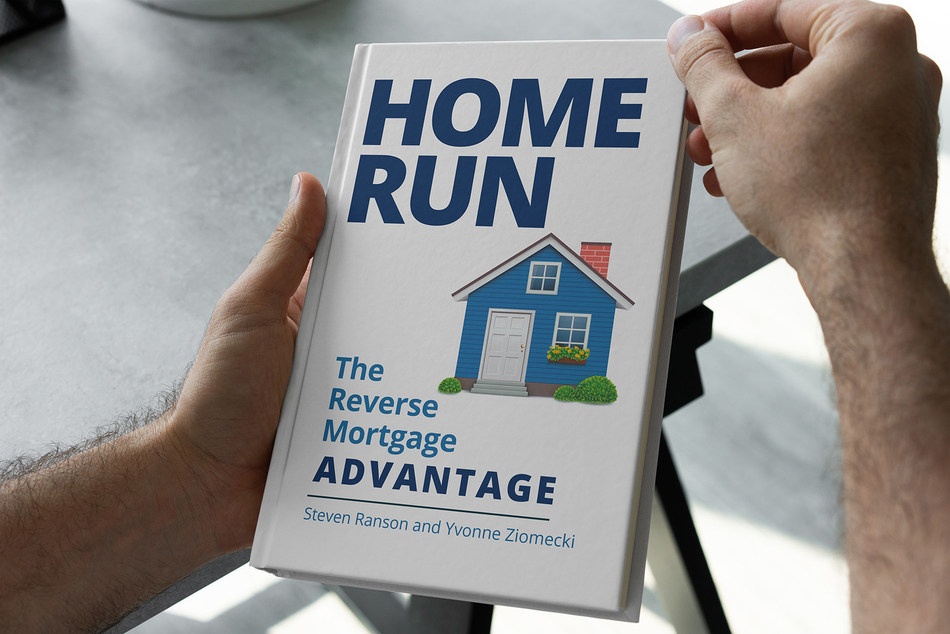More than 20% of Canadians 55 and up are considering tapping into their home’s equity to pay for in-home care due to COVID-19, and HomeEquity Bank, provider of the CHIP Reverse Mortgage, has published an informative book designed to help this demographic at a time when 93%1 of Canadians are looking to age in place.



Home Run: The Reverse Mortgage Advantageis co-authored by Steven Ranson, CEO of HomeEquity Bank, and Yvonne Ziomecki, the bank’s EVP of Marketing and Sales. The book covers a wide range of topics including Canadian real estate, aging in place, financial options for retirees as well as ageism. It dispels myths about reverse mortgages and details how they can become a critical part of every Canadian’s retirement planning toolkit.
Homeowners 55 and up are anxious for financial options to avoid moving away from the homes they love and into care facilities, particularly in the COVID-19 era. Home Run makes clear that reverse mortgages give older Canadians the solution they’re seeking — as well as essential peace of mind.
“Over 90%2 of older Canadians want to age in place at home and we need to provide them with the right tools to make that happen,” says Ranson. “Not only are they happier at home, it also makes more financial sense for them to age in place.”
That’s because research shows it’s cheaper for people to age at home rather than in care facilities, and it also eases pressure on overburdened provincial health-care systems. According to a report by the National Institute on Aging, home care for older people in Ontario costs the health-care system $103 per day compared to $201 for someone in a long-term care facility. Nonetheless, there can be out-of-pocket costs associated with aging in place. In-home care services, including caregivers who assist with day-to-day needs, can cost anywhere from $1,000 to $3,500 per month, and there can also be large renovation bills to make homes more accessible — all expenses that some homeowners have difficulty affording.
HomeEquity Bank has the solution.
A Montreal family told Home Run’s the authors that the CHIP Reverse Mortgage has allowed them to make their home more accessible, increased their cash flow and enabled them to remain in the neighbourhood they love, close to their family and community.
“It’s absolutely critical older Canadians understand that financial solutions exist, because no generation is more deserving of the right to live out retirement in comfort, safety and without any financial worries,” says Ziomecki. “They deserve respect, dignity and choices in retirement.” Choosing a reverse mortgage is also a smart and secure decision, Home Run illustrates, because home-owners maintain full ownership and control of their homes.
“Reverse mortgage customers are required to perform significant due diligence before being approved, including seeking independent legal advice,” Ziomecki points out. “Also, reverse mortgage interest rates are often competitive or lower than alternative lending options. All of this makes them an attractive financial vehicle for older Canadians.”
Tweet